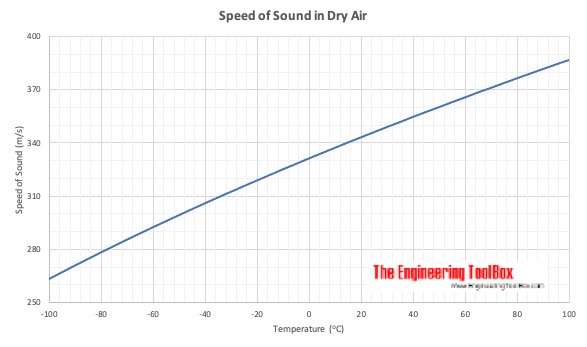
So, to quote from wikipedia, "sound will travel 1.59 times faster in nickel than in bronze, due to the greater stiffness of nickel at about the same density. Similarly, if you increase the density of the material, the wave speed will decrease (since ρ is in the denominator). As we can see, if you increase the stiffness K of a material, the wave speed will increase. After all, equations are good for a lot more than plugging in numbers!įirst, let's think about what the equation means. Let's think some more about this simple equation, √(K/ρ). then, when you talked you would sound funny, since the different pitches in your voice would get separated out, almost like light in a rainbow! Imagine if this effect were stronger in air. So, for example, the speed of a higher pitch wave might be faster than that of a lower pitch. The density and stiffness of a substance can depend on various factors, like temperature, impurities, and even the frequency of the sound wave. For example, I found values on wikipedia for water so that c = sqrt(2.2*10^9 Pascals/1 kg/L) = 1483 m/s, which is pretty close to the value of 1482 m/s from wolfram alpha! This is almost 5 times faster than in air, for which I get c = sqrt(10^5 Pascals* 1.4/ 1.28 g/L) = 330 m/s. So, if you want to calculate the wavespeed of some material, you'll probably be pretty close by looking up these two numbers online and using this formula.

SPEED OF SOUND IN M PERSECOND HOW TO
(If you are wondering how to find the "stiffness" of a gas, you can use K = γ * p, where γ is the adiabatic index, and p is the pressure.) This powerful formula works pretty well in most solids, liquids, and gases. (Plus, wave effects are really awesome and fun to study!)įor a typical sound wave, the speed of sound is about c = square root of (K/ρ), where K is the stiffness (aka bulk modulus) and ρ is the density of the substance. It turns out, you can understand a lot about waves inside different materials from this simple formula.

Good question! Knowing why something is true is a lot more important than knowing the answer itself.


 0 kommentar(er)
0 kommentar(er)
